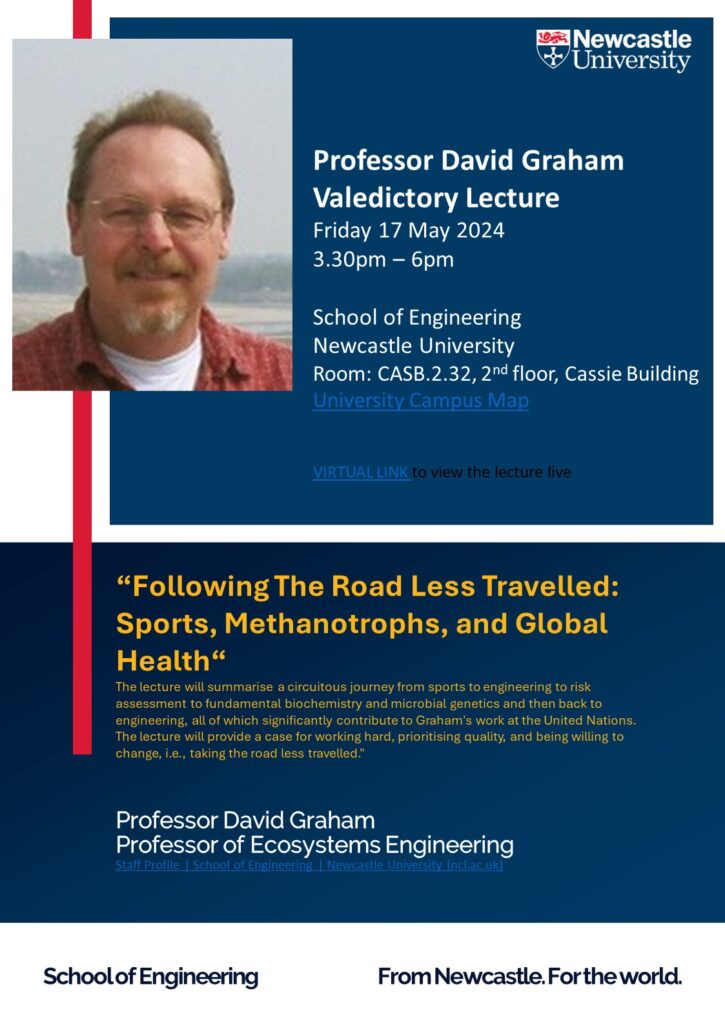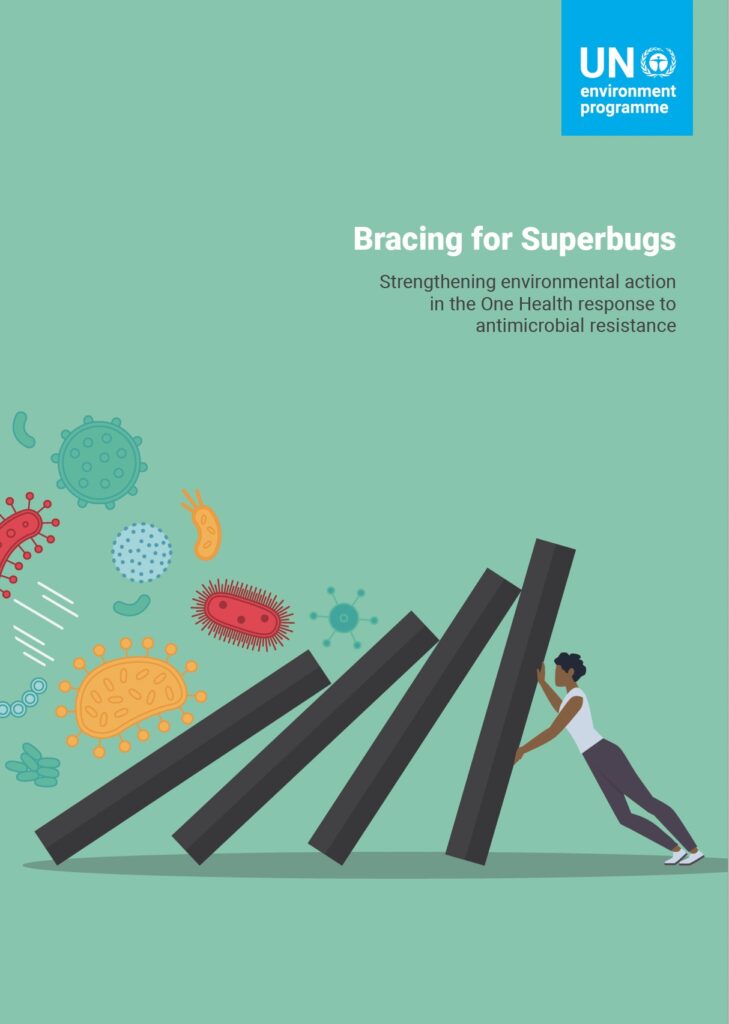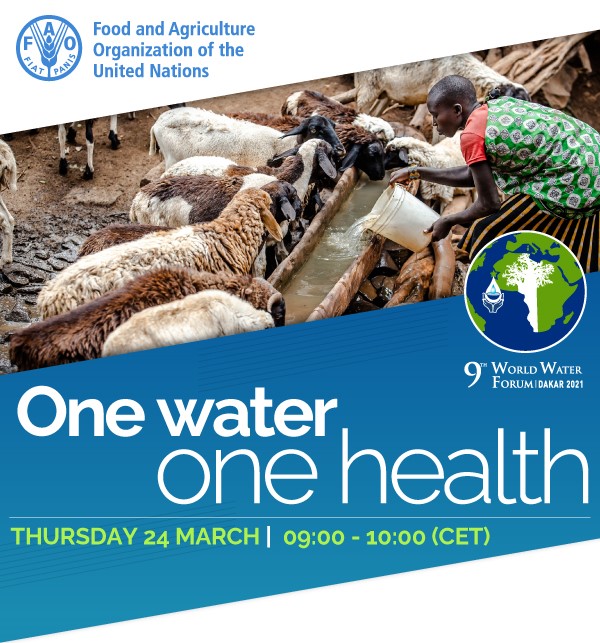Professor David Graham is part of the interview panel in Episode 4 of the 6-part podcast series on antimicrobial resistance (AMR). This series investigates the nature of AMR threats and what can be done to tackle them. The series is part of the Brought to you by chemistry podcast series sponsored by the Royal Society of Chemistry hosted by Dr Alex Lathbridge.
Episode 3.1: Introduction to AMR (aired 18 January 2023)
What is AMR and why is it such an urgent challenge? What are researchers and governments doing to address it and what needs to done? This episode explores these questions with Professor Alison Holmes – president of the International Society for Infectious Diseases and researcher at Imperial College London, and Dr Gerry Wright – researcher at McMasters University.
Episode 3.2: Antimicrobial discovery and development (aired 25 January 2023)
How do we develop drugs like antibiotics? How long does it take for such a drug to go from its inception in a research lab to use in a hospital, for example? And what people and processes are involved? In this episode, microbiologist Dr Vicky Savage, from INFEX Therapeutics, and Professor Colm Leonard at NICE looks the step of the drug development process, including drug procurements, applications, and the variety of uses within the healthcare system.
Episode 3.3: The importance of diagnostics in fighting AMR (aired 1 February 2023)
Why is accurate diagnosis of patients so crucial in the fight against AMR? How do diagnostics work now and what is the best case scenario in the future? What innovative technologies are being developed? In this episode, Professor Tina Joshi, Professor of Microbiology at Plymouth University, and Dr Kaamini Walia of the India Council for Medical Research talk through diagnostics in the fight against AMR. This episode also features presenter and doctor Dr Hilary Jones, with a fascinating insight into the challenges faced by GPs when prescribing antibiotics, and a look into the relationship between patients and medicine. B
Episode 3.3.5: Do the public need to be more scientifically literate? (aired 8 February 2023)
Why is it important to have Doctors working within the media? Do the public need to be more scientifically literate? What advances have we seen in diagnostics? And how can this help GPs in the UK? In this bonus episode, RSC producers Hiren Joshi & Lizzy Ratcliffe speak in depth with ITV’s favourite GP – Dr. Hilary Jones. Dr. Hilary shares 40 years’ worth of medical wisdom, his experience working in the media, and reflects on the medical challenges present in antimicrobial resistance.
Episode 3.4: AMR in the environment (aired 15 February 2023)
Why should we care about antibiotics being in the environment? How does it impact us? And what do we mean by “One Health”? In this episode, Professor Barbara Kasprzyk, researcher from the University of Bath; Kurt Arden from the Royal Veterinary College and University College London; and Professor David Graham, Professor of Ecosystems Engineering at Newcastle University, talk through how antimicrobials get into the environment and why this is a problem.
Episode 3.5: Infection prevention and control (aired 22 February 2023)
How do we avoid getting to the point of needing to use so many antibiotics in the first place? Professor Morgan Alexander, Professor of Biomaterials at the University of Nottingham, and Dr Lena Ciric who leads the Healthy Infrastructure Research Group at University College London, talk about infection prevention and control as well as about how diseases spread, especially through buildings and on surfaces, and how scientists are innovating to combat these mechanisms.
Episode 3.6: Combatting AMR around the world (aired 1 March 2023)
In a perfect world, what should governments be doing to help prevent AMR? What are the political obstacles in the way of tackling AMR? In the final episode, Professor Dame Sally Davies, Former UK Chief Medical Officer, and Dr Eduardo Samo Gudo, Deputy Director General of the National Institute of Health in Mozambique political obstacles. It also features a variety of international experts to gain holistic insight into the challenges we face with AMR globally.
See full podcast series here. Aired episodes are available on YouTube, Spotify, Acast, Amazon Music, and Google Podcasts.




